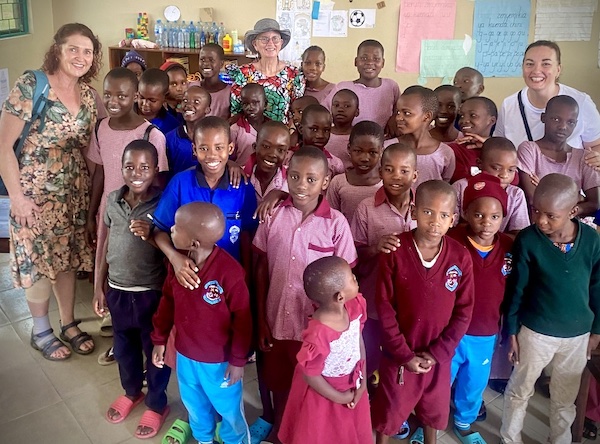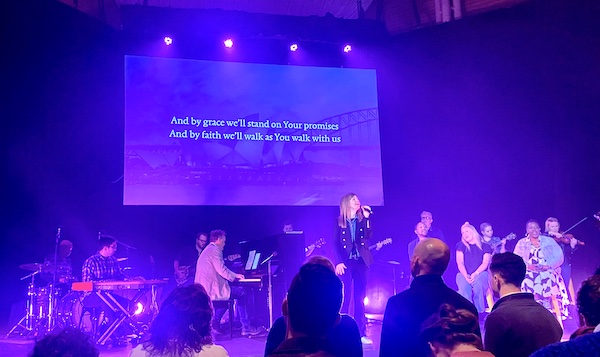Apprentice Ministers

For many trades, the idea of an apprenticeship makes lots of sense, especially given the practical skills in using physical tools and the need to learn how to ‘use your hands’ to do the work.
But for over 40 years, the idea of a Christian ministry apprenticeship has become more and more commonplace as people have realised that so much of church leadership is ‘caught not taught.’
It was in 1979 that the first four ministry apprentices were trained by Philip Jensen at the University of New South Wales, and since then, there have been over 3,500 people who have followed in their stead around the world, in churches, universities and a range of different contexts.
In 1995 I began my two-year Ministry Training Strategy (MTS) apprenticeship at my home church under the leadership of my rector John Woodhouse, and even to this day, I still draw down upon the skills and wisdom of those two years ‘on the tools’ in church.
It helped me to know what questions I needed to ask as I commenced my four-year theological degree, and it helped set up a context for me to learn how to study the Bible and how to explain it to others.
As we look to the future of our church, it is my prayer that the Lord would provide for us a ministry apprentice to shadow me in my ministry, and to be equipped in our church for their own, future ministry, wherever they might be after they study.
Whilst ministry apprentices are to be ‘trained not used,’ they will inevitably bring an important contribution to the ministry of our church, and that’s why I’m praying every day that the Lord would give us someone for us to train and serve, and then in turn, to be served and blessed by their ministry.
Will you pray with me that the Lord will bring us an apprentice next year?
JODIE McNEILL









